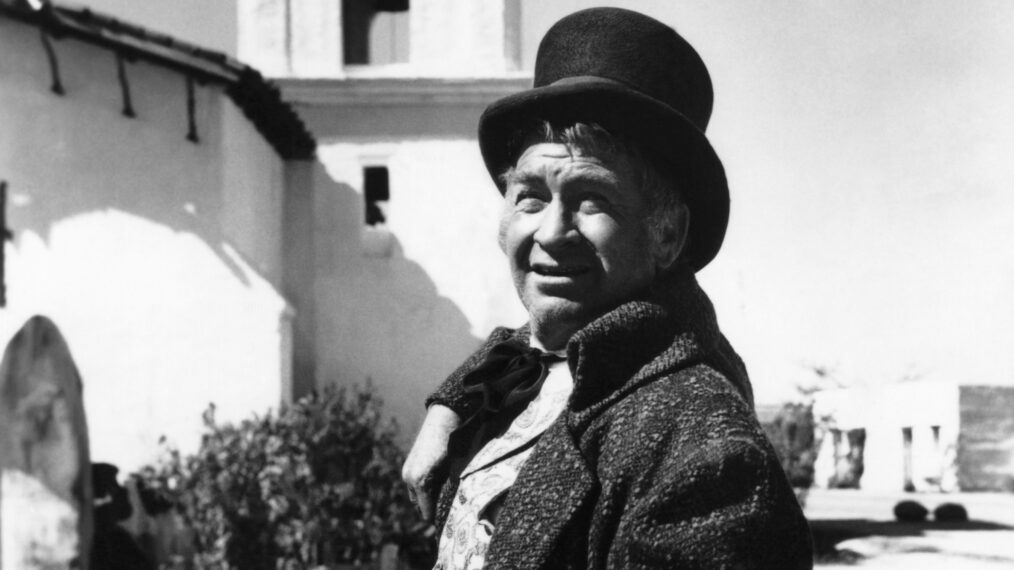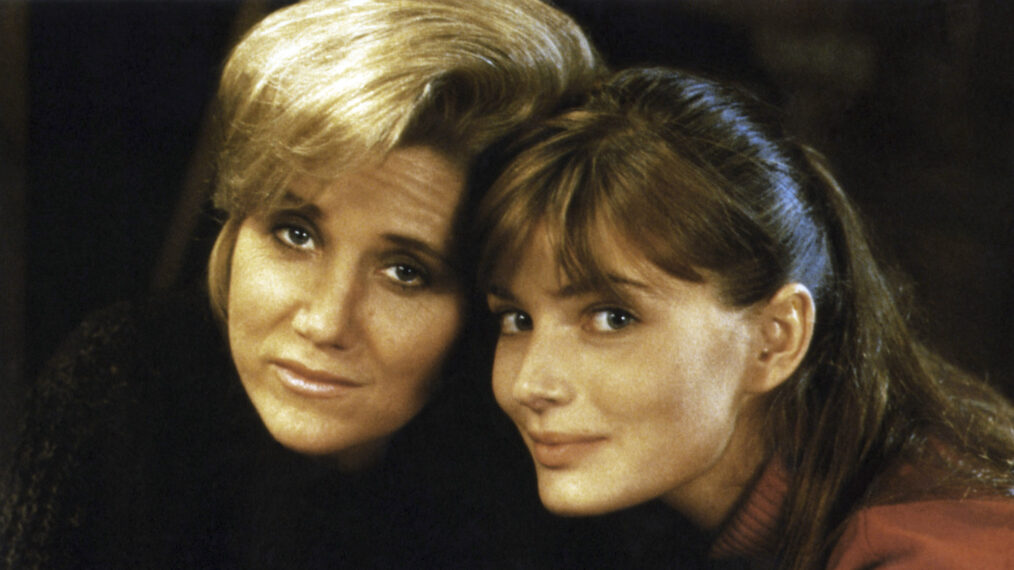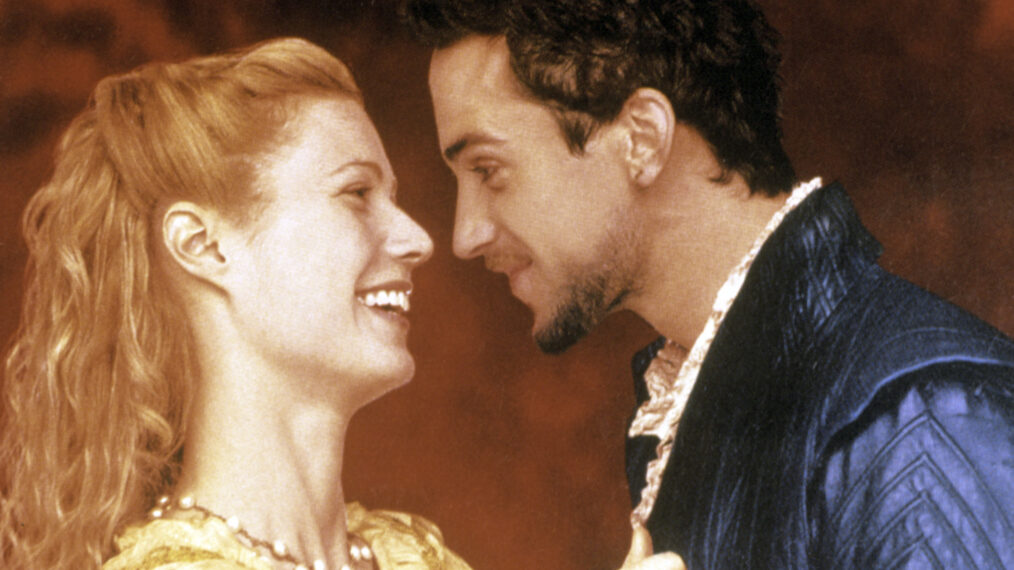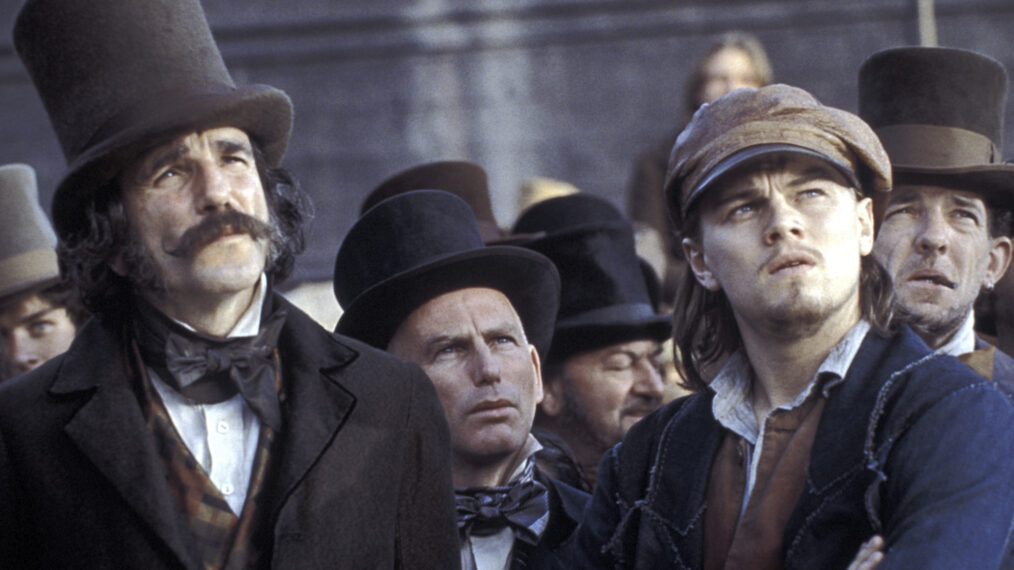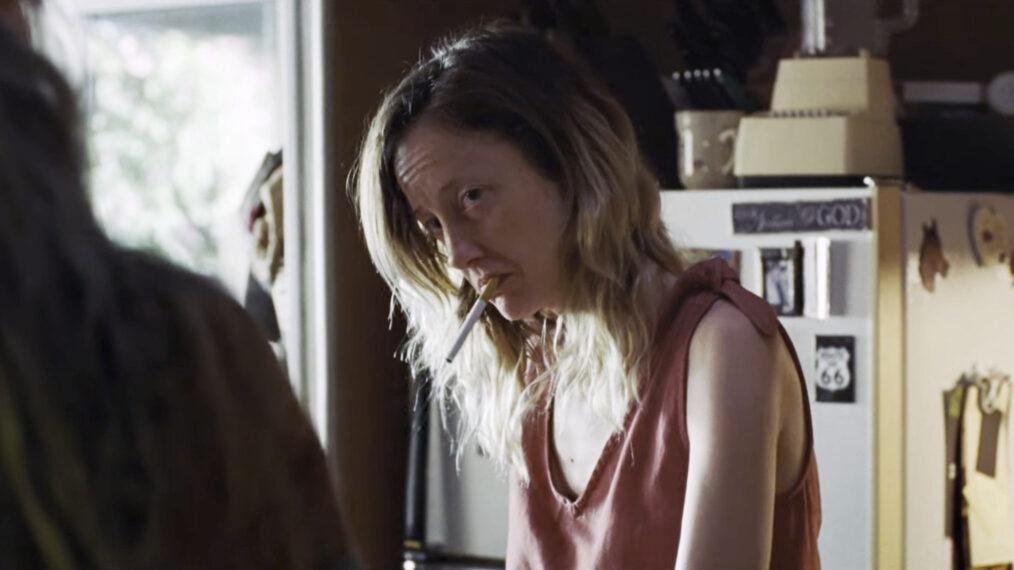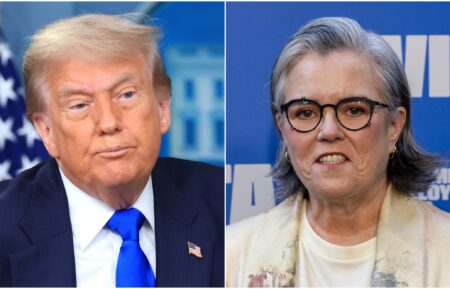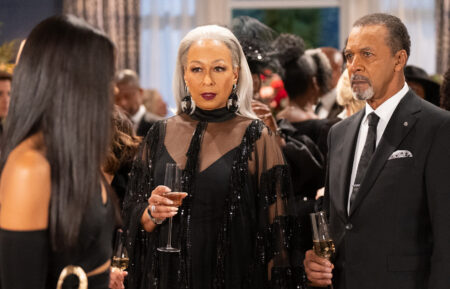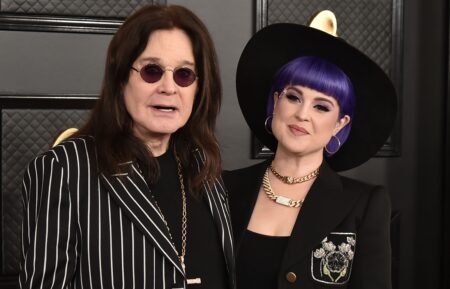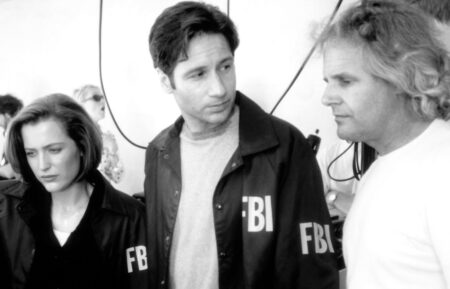7 Wild Oscar Campaigns That Could Have Only Happened in Hollywood
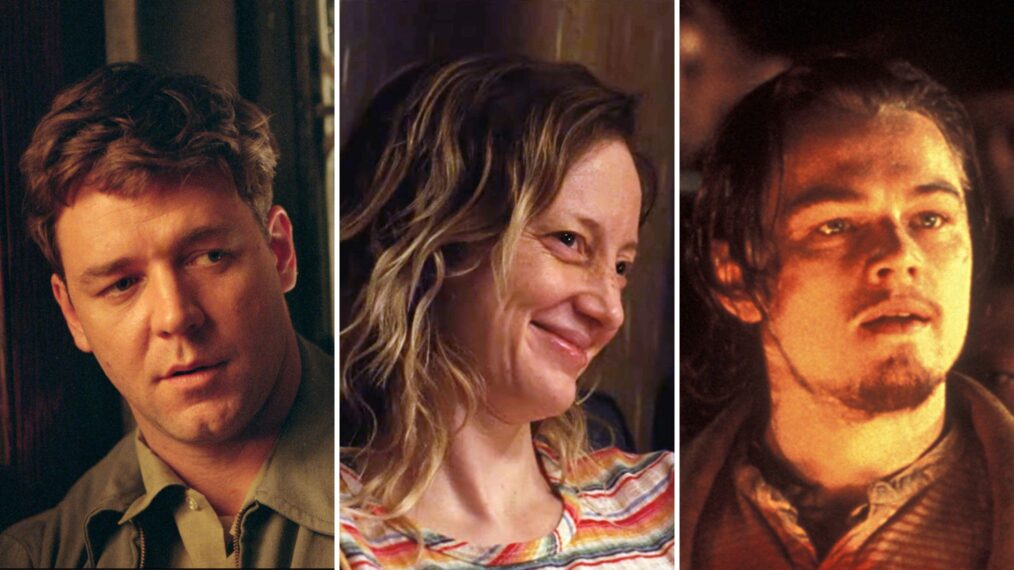
Moviegoers might think that Hollywood talent wins Academy Awards by merit alone, but often, nominees live or die on Oscar night by the effectiveness of their awards-season campaigns. In fact, you can probably thank million-dollar campaigns for Crash beating Brokeback Mountain for Best Picture or Shakespeare in Love beating Saving Private Ryan.
The conversation around Oscar campaign reform came up again this year when Andrea Riseborough earned a Best Actress nomination for the little-watched To Leslie. As you’ll see below, Riseborough’s surprise nod means that battles for Oscar glory — once fought in Hollywood parties, media junkets, and newspaper ads — can now be waged online.
Here’s a recap of Oscar campaigns that were so wild — so tireless, tricksy, or downright tacky — they could only have happened in Tinseltown.
95th Academy Awards, Sunday, March 12, 8/7c, ABC

